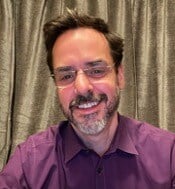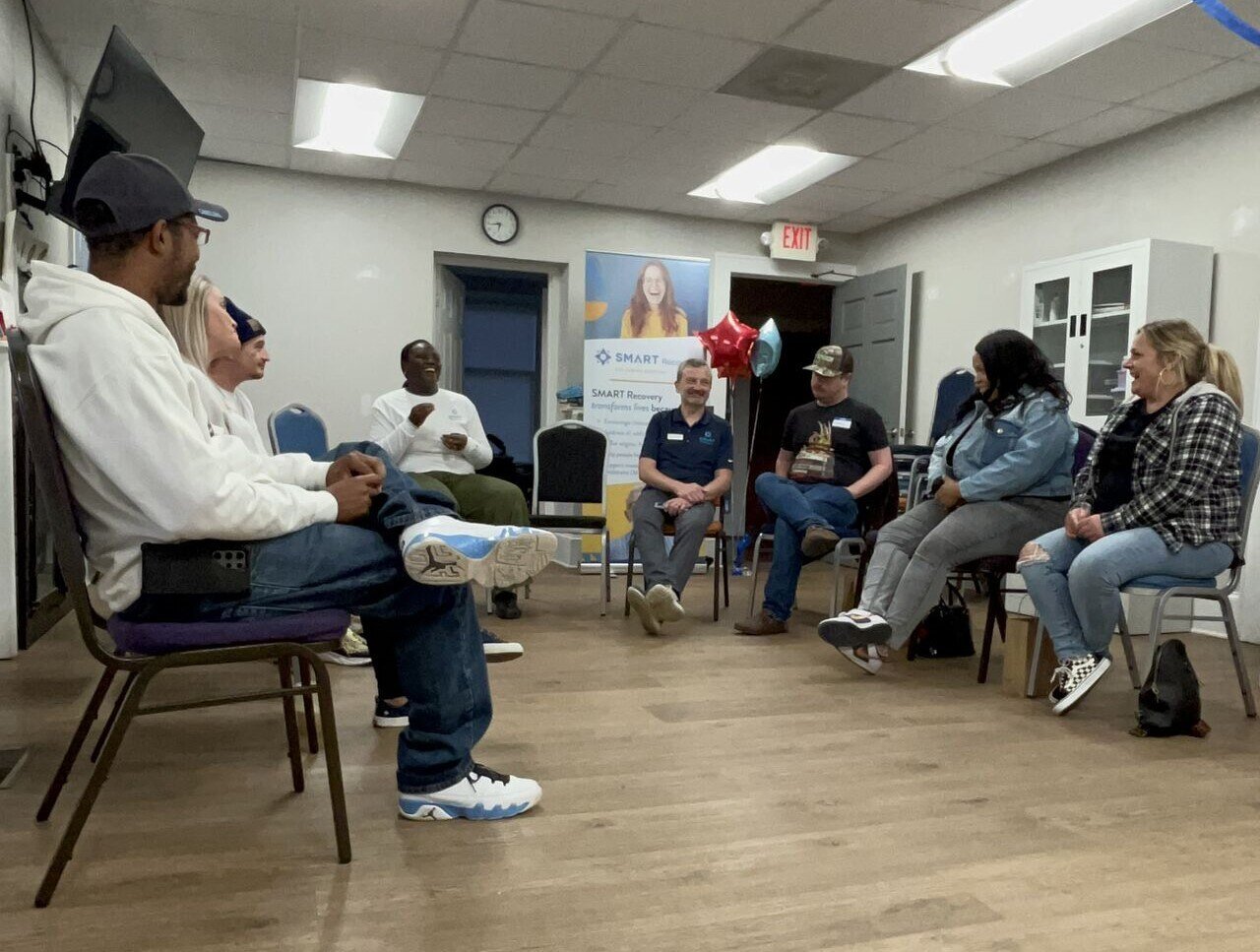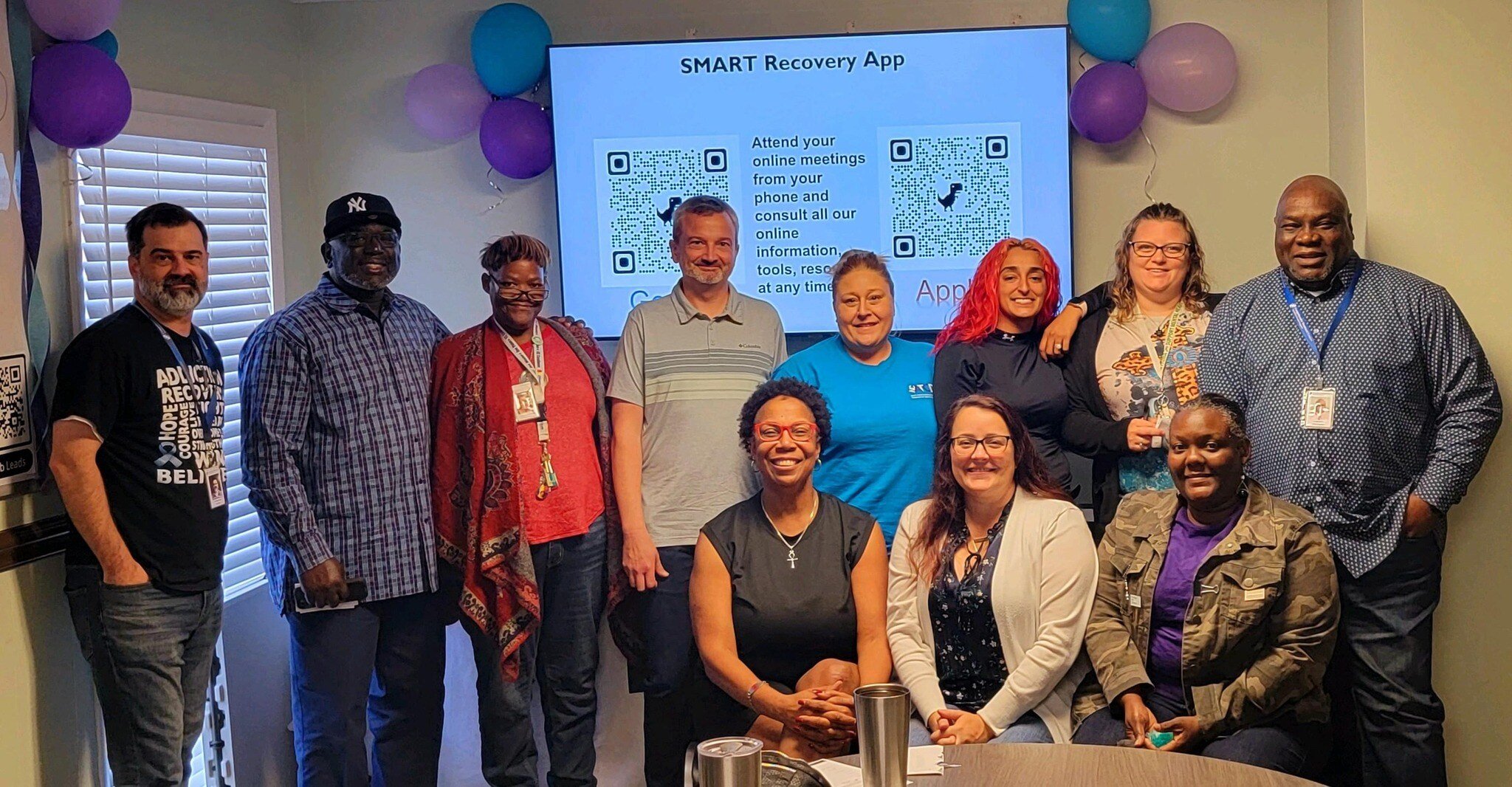 Karen Kobussen was born and raised in the city of Saskatoon in the Prairie province of Saskatchewan, Canada. Although she chose a career as a flight attendant and traveled extensively as a result, she ended up settling back in Saskatoon and raising her family there. Early on, Karen noticed that, although she valued and appreciated the differences between her two daughters, one required more of her energy. Eventually that daughter dropped out of high school to pursue work in the building trades, ultimately entering an electrician’s apprentice program and earning good money.
Karen Kobussen was born and raised in the city of Saskatoon in the Prairie province of Saskatchewan, Canada. Although she chose a career as a flight attendant and traveled extensively as a result, she ended up settling back in Saskatoon and raising her family there. Early on, Karen noticed that, although she valued and appreciated the differences between her two daughters, one required more of her energy. Eventually that daughter dropped out of high school to pursue work in the building trades, ultimately entering an electrician’s apprentice program and earning good money.
Later, Karen discovered that this daughter harbored a secret: she was misusing substances, specifically crystal methamphetamine. When the misuse reached a crisis point, Karen jumped in to help as any mom would do. She found a treatment option and started talking with counselors. One counselor told her she was doing all the right things for her daughter, but that she had to let her daughter “hit rock bottom,” adding something about “tough love.” This approach struck Karen as misguided and potentially dangerous. She doubted that tough love was what her daughter needed. Instead, Karen knew she was sick and needed medical care.
This realization sent Karen on a mission to find alternatives, and that’s when she found SMART Recovery. At this point in the story, it would be nice to report that her daughter embraced SMART and got the help she needed, but that’s not what happened. Instead, Karen herself started attending SMART Family & Friends meetings where she found herself enamored by the whole science- and evidence-based approach. She thought it was wonderful that there were practical tools and things one can do to make positive changes in one’s life.
Karen decided that what she was learning about boundaries and about managing her own thoughts, feelings, and behaviors was important enough that she wanted to bring that knowledge to others, so she became a Family & Friends facilitator. She ran a group for a while and, perhaps as importantly, started to use the tools in her own life and with her blended family of five children. Her daughter who was misusing substances saw SMART Recovery tools in action through Karen’s own words and behavior, and that seems to have helped, since things have improved overall.
Today, Karen is focused on getting her provincial healthcare system interested in offering SMART as an equal alternative to other pathways to recovery. She currently works in a residential housing program and has opportunities to interact with health officials. Her goal is straightforward: “I want to get SMART Recovery into the hands of as many people as I can.”




